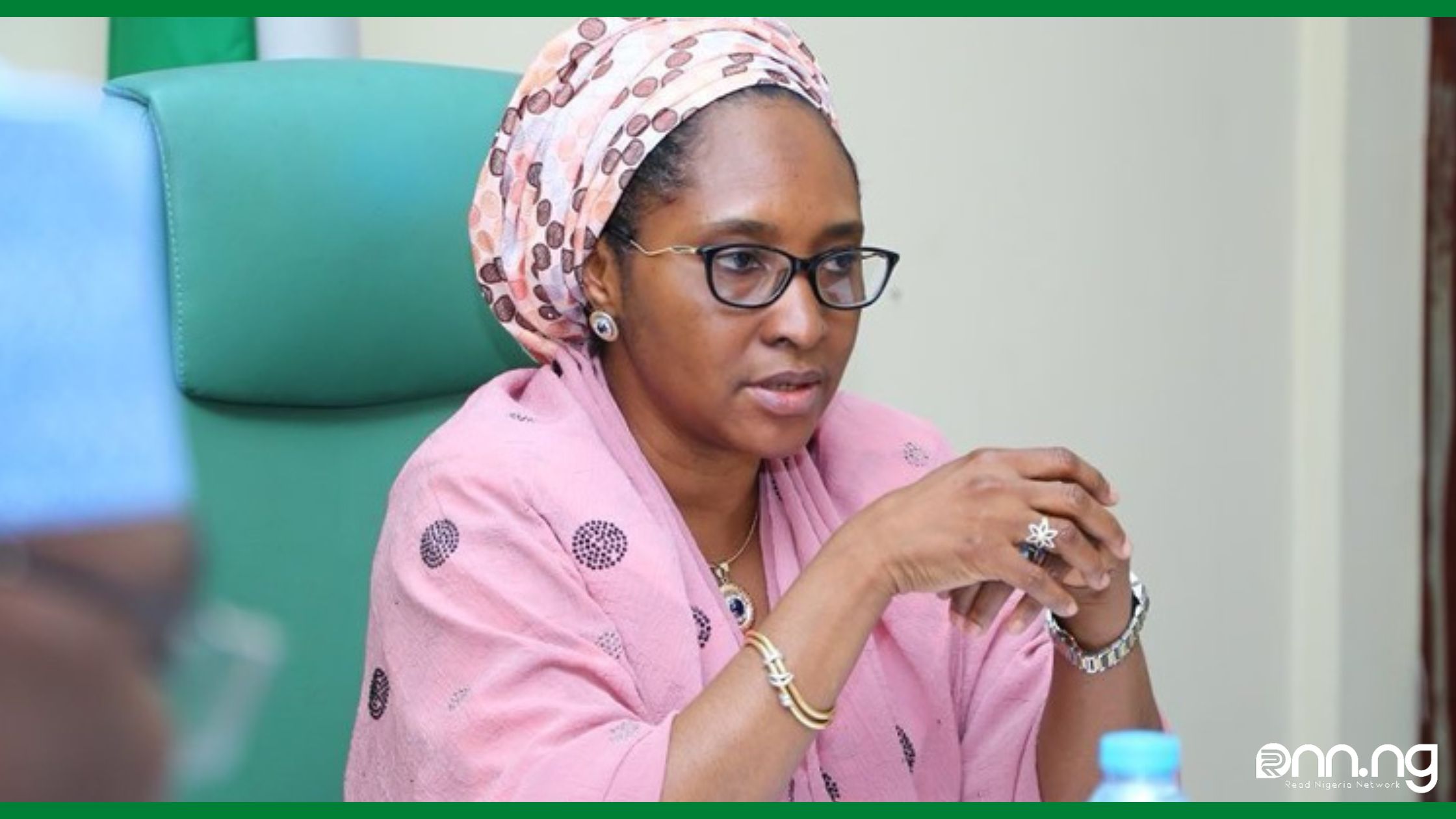Business News
Nigeria’s crude oil production to rise to 1.6 million BPD by Q1 2023 – Zainab Ahmed
The Nigerian Minister of Finance, Budget, and National Planning, Zainab Ahmed, announced this on Thursday in Abuja at the World Bank…

According to Zainab Ahmed, Nigeria’s minister of finance, crude oil production would increase to 1.6 million BPD by the first quarter of 2023.
The Dangote Refinery is set to start operations in 2023, while the Port Harcourt Refinery’s restoration work will be finished by the end of the year, according to the Federal Government. This will drastically cut the number of petroleum products imported into Nigeria.
The Nigerian Minister of Finance, Budget, and National Planning, Zainab Ahmed, announced this on Thursday in Abuja at the World Bank’s Nigeria Development Update and Country Economic Memorandum.
Ben Akabueze, the Director-General of the Federation’s Budget Office, spoke on behalf of Ahmed, who stated that Nigeria must change its “business as usual” methods, which have led to fiscal challenges like lower-than-expected revenue and increased fuel subsidy costs.
She said Oil production is “ expected to increase to 1.6 million BPD by the first quarter of 2023, as efforts intensify to improve oil production infrastructure and reduce oil theft, we currently project an average crude oil production of 1.9 BPD by 2024, we expect to complete the rehabilitation of Port Harcourt refinery before the end of 2023, we have also signed an MoU Daewoo for a $1.5 billion rehabilitation of the Kaduna and Warri refinery
“The importation of production products will significantly decline in 2023, as the Dangote refinery, is expected to begin operations in the first quarter of 2023, the expected improvement in oil production is also attributable to the increased collaboration between government security agencies, private security outfits, host communities and deployment of technology to curb the menace of crude oil theft.
He added that when the Petroleum Industry Act’s provisions are implemented, the Federal Government anticipates additional investors in the oil sector.
The Minister advised Nigeria to abandon “business as usual” approaches since fiscal pressures have increased as a result of lower than anticipated revenue and rising PMS subsidy costs, despite the country’s improved growth prospects.
“Under the Business as usual scenario, GDP per capita will continue to decline, however, drastic reforms can change this.
“Nigeria’s economic growth improved in 3Q 2022, some of this emanated from a robust recovery in the non–oil economy and other sectors, including telecoms, Agriculture, and services, we will all agree no country was immune to challenges p[posed by covid pandemic and the Russian Ukraine war on the global economy.
She stated. However, the Nigerian government has shown remarkable resiliency in dealing with the problems, adopting measures to expand the revenue base, particularly by increasing the share of non-oil revenues by accelerating our domestic resource mobilization through the implementation of the Strategic Revenue Growth Initiative, or SRGI.
“The SRGI will not only grow our revenue but alleviate pressure on debt service obligations, growing non-oil revenues is the central focus of the SRGI given its relative stability, and the challenges with meeting oil revenue target currently and in the near future,”.
READ MORE: Crude oil sales proceeds into Nigeria’s foreign reserves is down to zero – Emefiele
